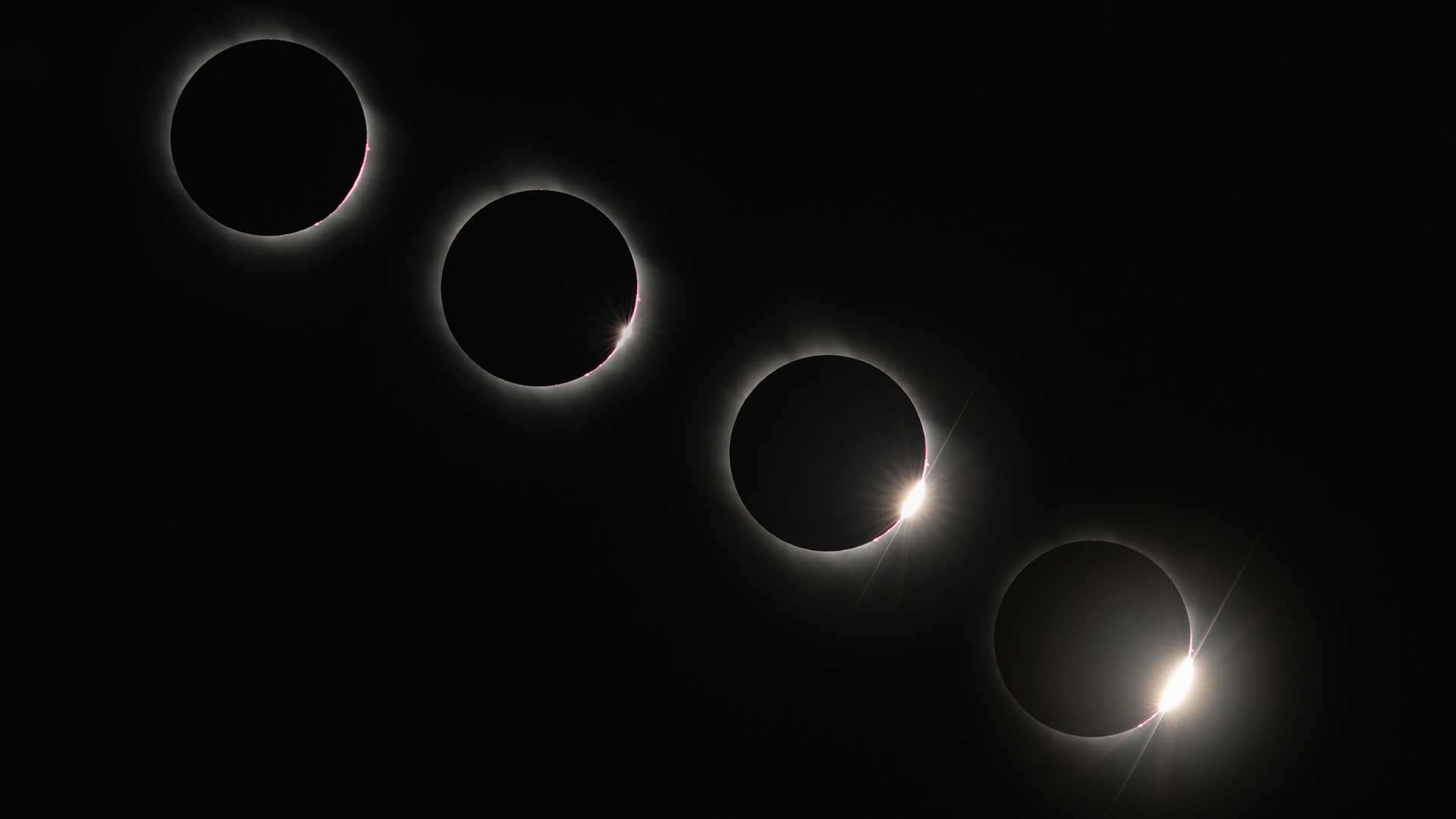Solar eclipse
Latest about Solar eclipse
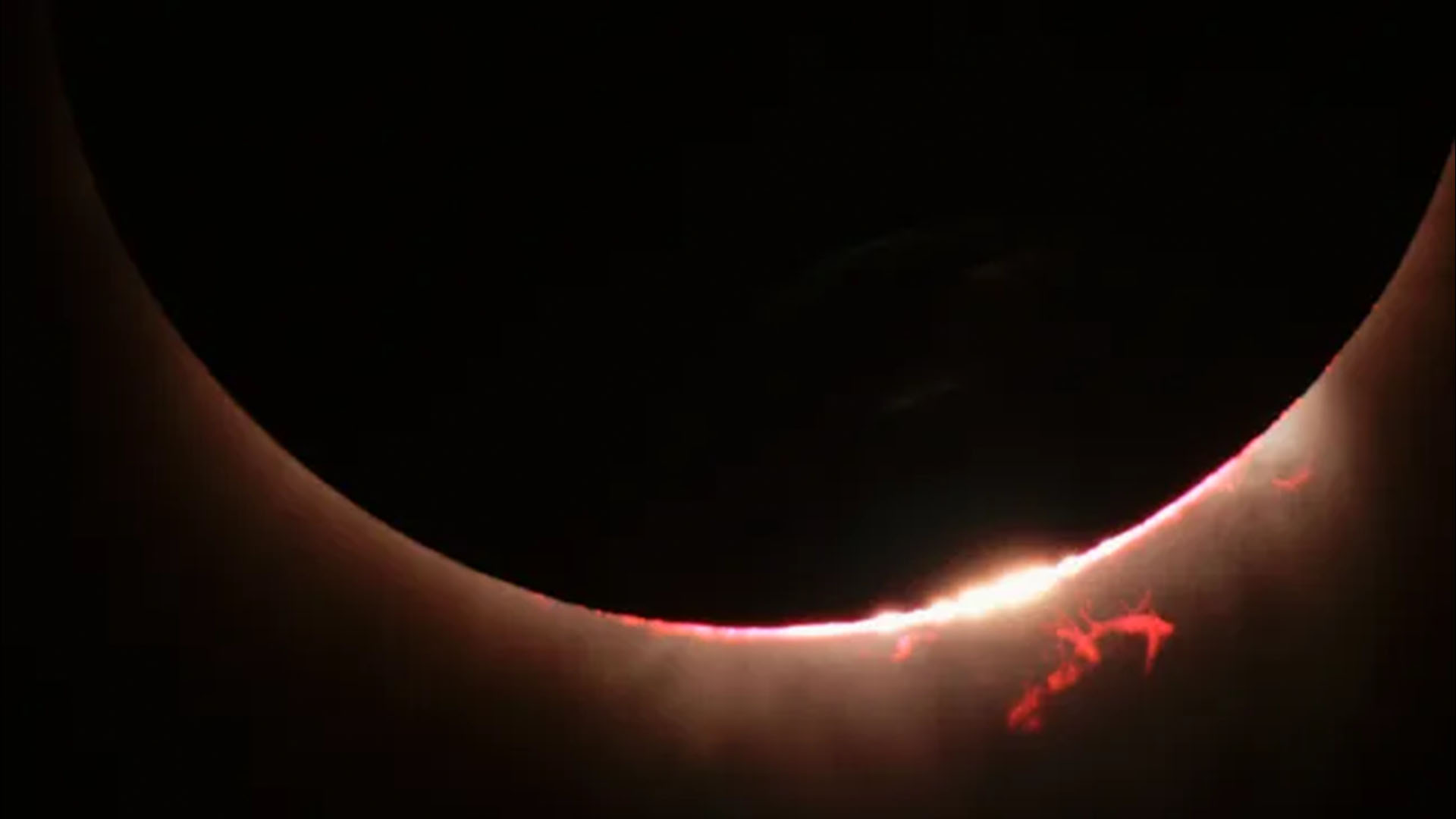
Enormous explosions may be visible on the sun during the April 8 solar eclipse
By Jamie Carter published
When the moon fully covers the sun on April 8, viewers will have a rare view of the sun's corona, and everything that explodes out of it.

April 8 eclipse could bring uptick in fatal car crashes, scientists caution
By Nicoletta Lanese published
An analysis of car crashes during the 2017 solar eclipse in the U.S. suggests the upcoming April eclipse could also come with an uptick in fatal accidents.
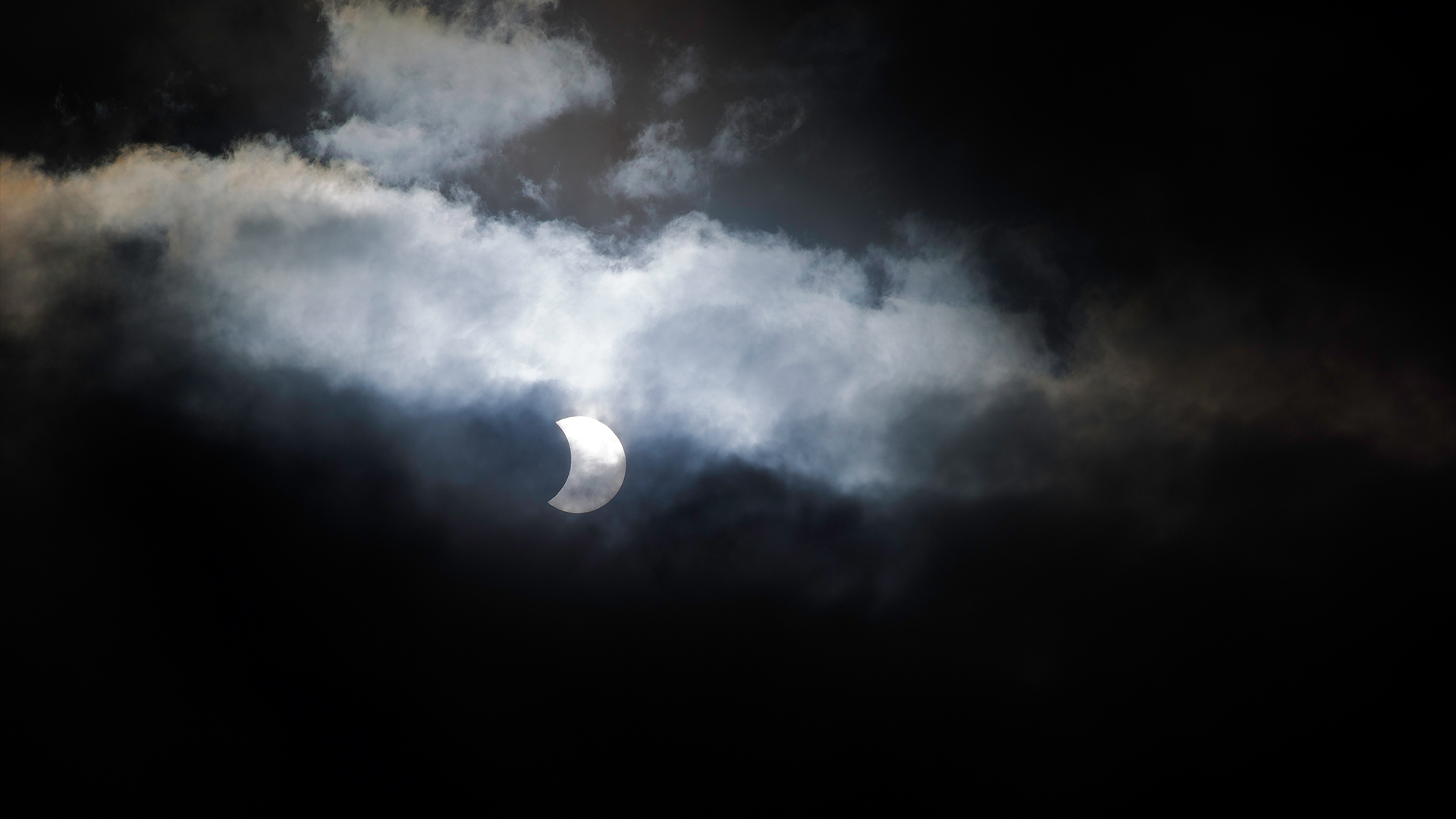
Why low-level clouds vanish during a solar eclipse
By Katherine Kornei, Eos.org published
Cumulus clouds rapidly dissipate as the land surface cools. This isn't just good news for eclipse chasers on April 8, but also has implications for sun-obscuring geoengineering efforts.
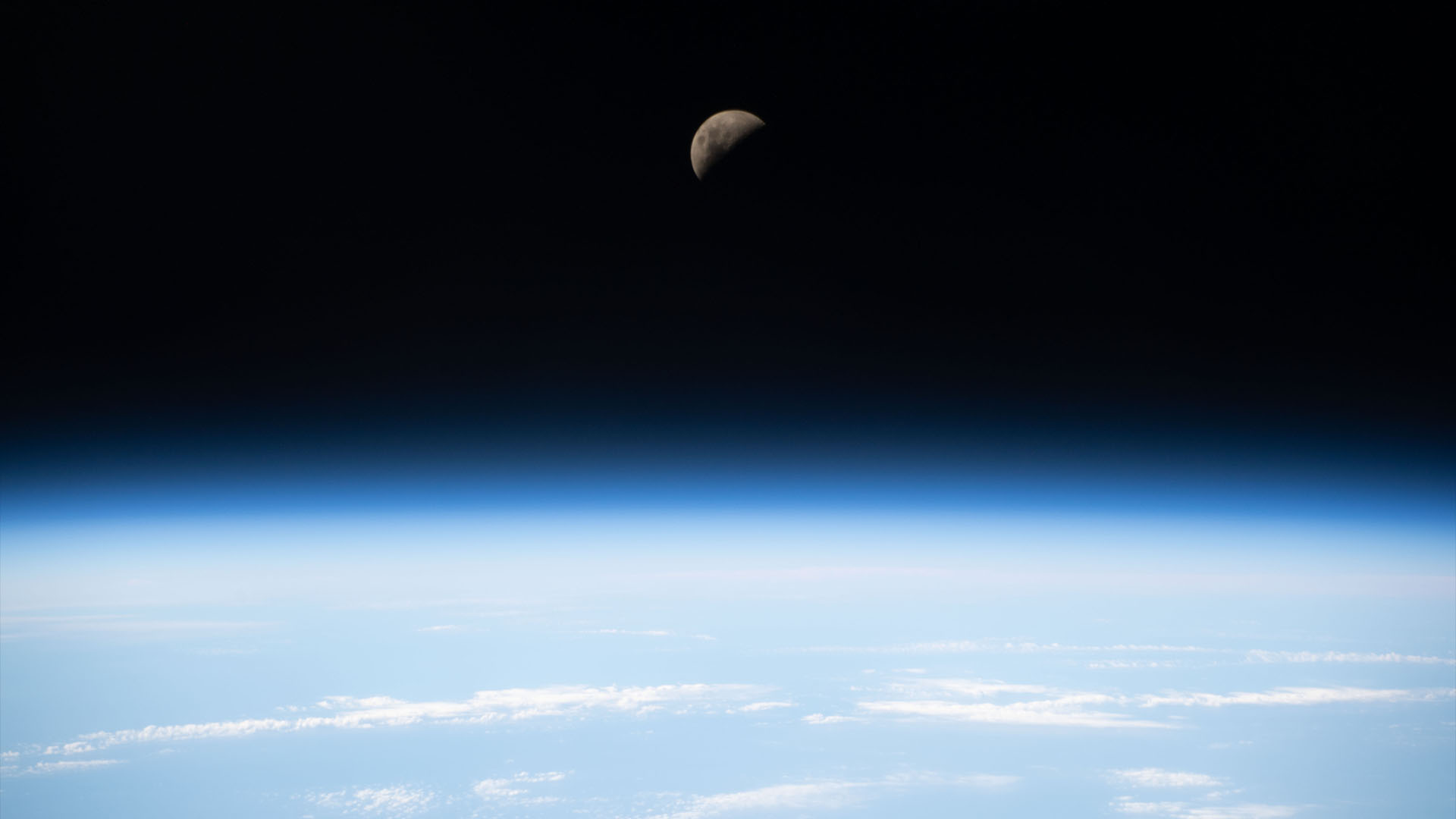
Space photo of the week: The moon begins its big eclipse orbit in stunning ISS photo
By Jamie Carter published
International Space Station astronauts orbiting 270 miles above Earth have photographed the moon on the cusp of 2024's first "eclipse season."

Grab a pack of five eclipse glasses with an excellent Amazon deal to watch the solar eclipse with company
By Orla Loughran Hayes published
Deal This pack of five solar eclipse glasses lets you and your loved ones safely view the total solar eclipse on April 8, 2024 — and they even come with a smartphone lens for taking photographs.

How to make a solar eclipse viewer to safely watch the total solar eclipse on April 8
By Mindy Weisberger last updated
Don't have a pair of eclipse glasses to view the April 8 total solar eclipse? No sweat; you can make a safe and simple DIY eclipse viewer with a box, some tinfoil, and a few household craft supplies.

Places with the best weather to watch the April 8 solar eclipse (and what happens if it's cloudy where you are)
By Jamie Carter published
The total solar eclipse on April 8 will offer an incredible view of the fully obscured sun — but some places along the path of totality may see cloudy weather. Here's how to plan for the best view possible.
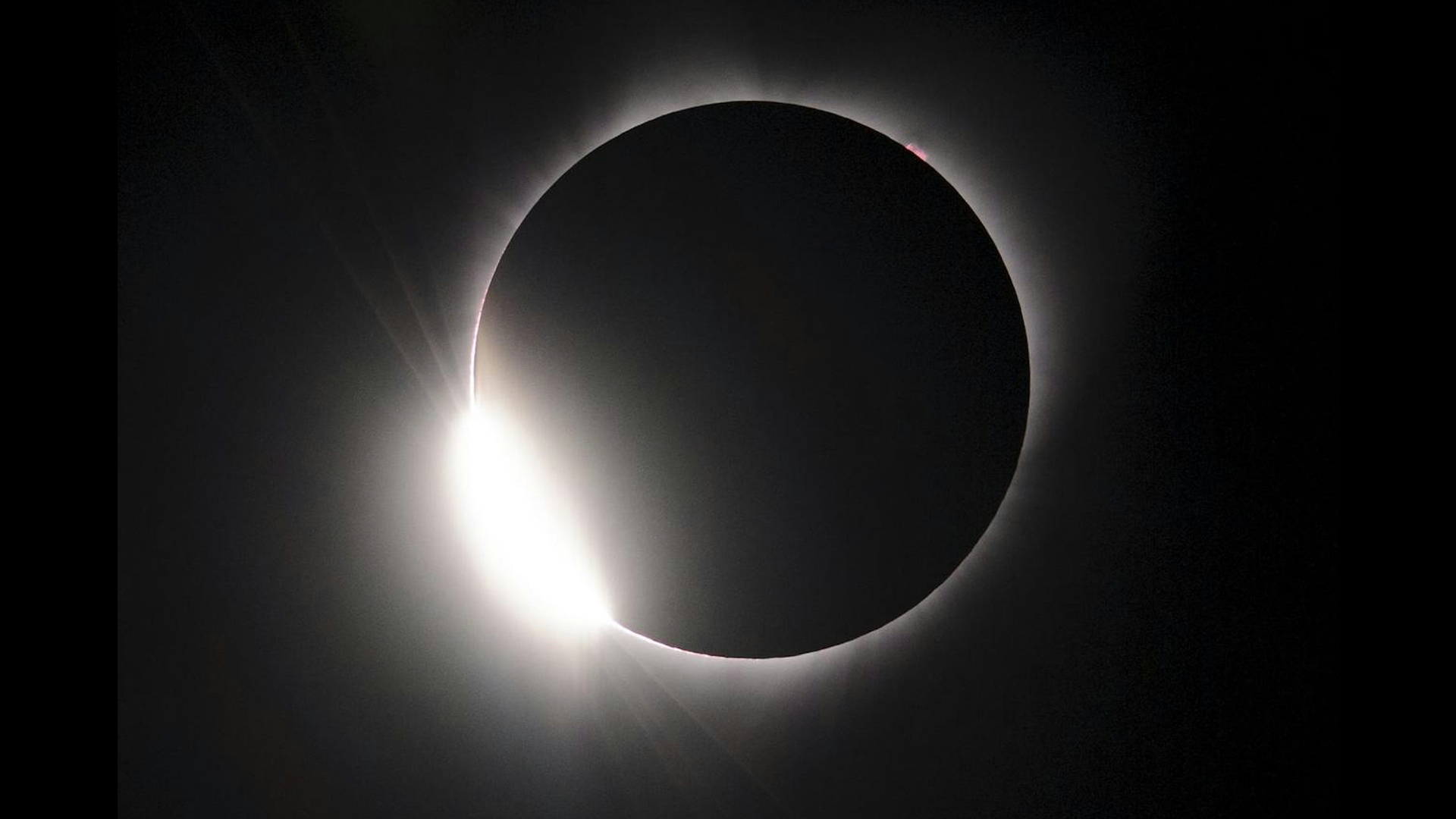
How total solar eclipses help us measure ancient history
By Sarah Sadavoy published
Total solar eclipses, like the upcoming one on April 8, occur on reliable schedules that we can calculate far into the past. This information helps researchers date mysterious events from ancient history.
Sign up for the Live Science daily newsletter now
Get the world’s most fascinating discoveries delivered straight to your inbox.
